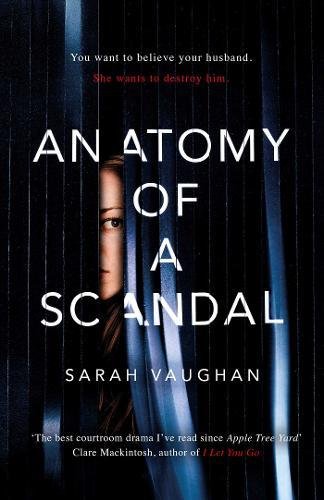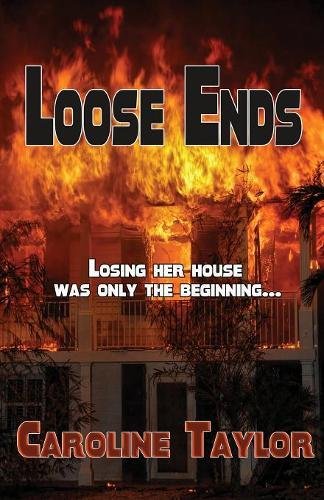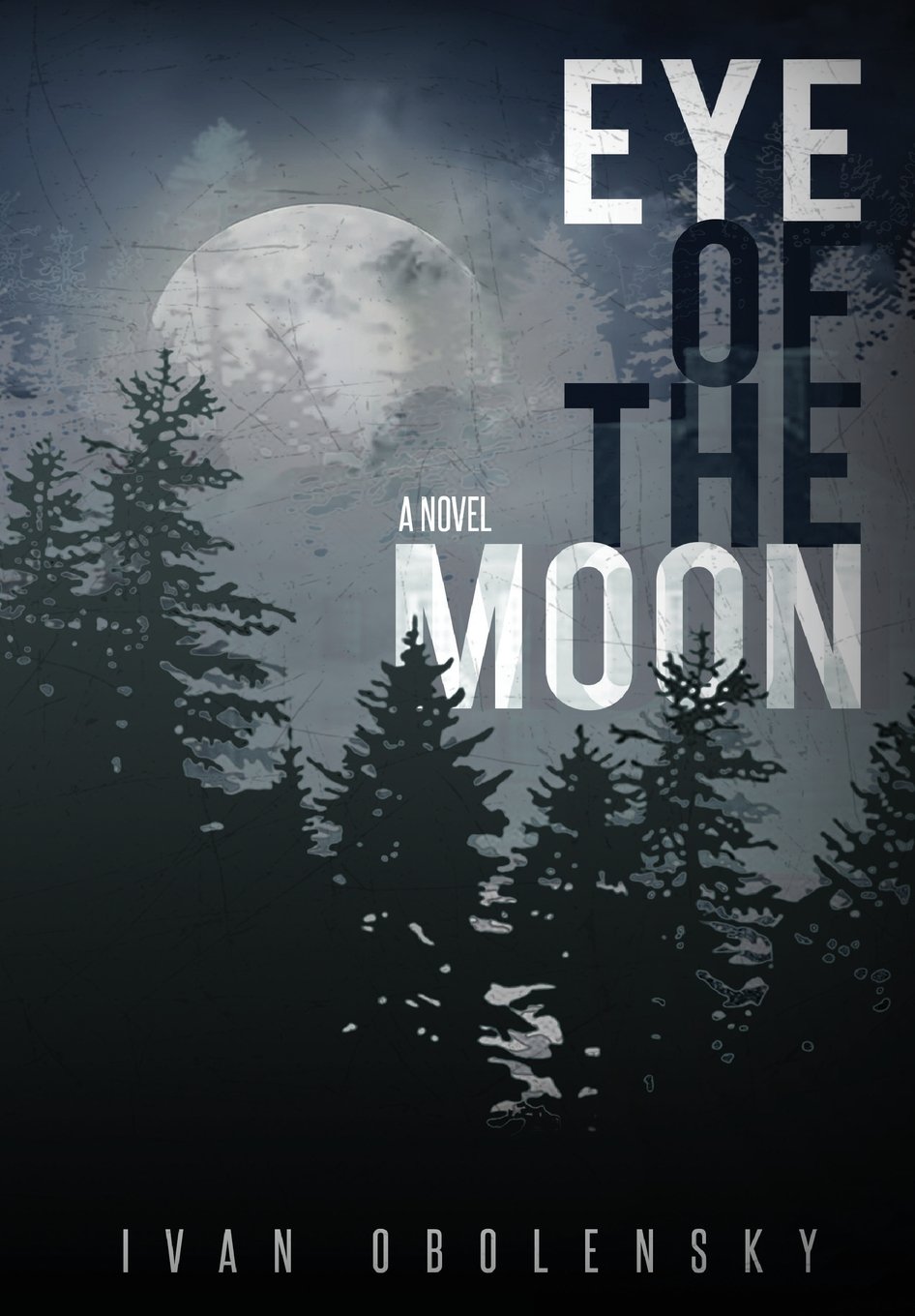 Anatomy of a Scandal reads like a story ripped from today’s headlines: a prominent man is accused of sexual harassment. I couldn’t put the book down—I actually felt edgy when I wasn’t reading it, almost like the story was an addiction.
Anatomy of a Scandal reads like a story ripped from today’s headlines: a prominent man is accused of sexual harassment. I couldn’t put the book down—I actually felt edgy when I wasn’t reading it, almost like the story was an addiction.
Tag: fiction
A review of The Arab’s Ox by Tony Ardizzone
 Morocco stands for something to each of the characters. In order to decipher this symbol in their lives, they must look inward. They each arrive at a turning point in which Morocco speaks back to them, helps them discover its meaning to them. For Henry, Ahmed becomes his guide not only to various Moroccan sites, but to his own mortality. Rosemary, an American ex-patriate, a grizzled but classy woman, sees her younger self in Sarah and tries to steer her toward a different future.
Morocco stands for something to each of the characters. In order to decipher this symbol in their lives, they must look inward. They each arrive at a turning point in which Morocco speaks back to them, helps them discover its meaning to them. For Henry, Ahmed becomes his guide not only to various Moroccan sites, but to his own mortality. Rosemary, an American ex-patriate, a grizzled but classy woman, sees her younger self in Sarah and tries to steer her toward a different future.
A review of The Lucky Galah by Tracy Sorensen
It’s hard to believe that The Lucky Galah is a debut. It’s an ambitious, complex novel full of varying points of view, voices, historical narration, a variety of themes, and all sorts of subtle references, including many literary links and allusions, but the writing is so assured and smooth that these complexities become rich undercurrents that seamlessly integrate into the story rather than digressions.
A review of Incredible Floridas by Stephen Orr
 Times and places appear to so often remain in a form of flux throughout this novel, and to help me keep track I began underlining the locations with a yellow highlighter. As for those past decades chosen by Orr, I only have to close my eyes and it all comes back to me as if it were yesterday. Every neighbourhood seemed to have a problem son like Orr’s Hal: the one who started all the fires, or sometimes shot at you with his air rifle, and all too often kicked a neighbour’s garbage tin up and down the street.
Times and places appear to so often remain in a form of flux throughout this novel, and to help me keep track I began underlining the locations with a yellow highlighter. As for those past decades chosen by Orr, I only have to close my eyes and it all comes back to me as if it were yesterday. Every neighbourhood seemed to have a problem son like Orr’s Hal: the one who started all the fires, or sometimes shot at you with his air rifle, and all too often kicked a neighbour’s garbage tin up and down the street.
A review of Good Neighbors by Joanne Serling
 The seven adults in the circle are the most successful members of their families of origin and have more in common with each other than with their relatives. All remember their parents as “hopelessly authoritarian, yet clueless and also uninterested in parenting.” As it turns out, however, one family’s failure at parenting shakes the group to its foundations.
The seven adults in the circle are the most successful members of their families of origin and have more in common with each other than with their relatives. All remember their parents as “hopelessly authoritarian, yet clueless and also uninterested in parenting.” As it turns out, however, one family’s failure at parenting shakes the group to its foundations.
A review of She’s Not There by Joy Fielding
 This is a professional writer at her best and she is so good at her craft. Joy Fielding slips in many clever additions through her odds and evens chapters that skilfully gel everything together. She also maintains tautness within the dialogue that infects the reader’s curiosity and stays there all the way to an amazing and unexpected conclusion.
This is a professional writer at her best and she is so good at her craft. Joy Fielding slips in many clever additions through her odds and evens chapters that skilfully gel everything together. She also maintains tautness within the dialogue that infects the reader’s curiosity and stays there all the way to an amazing and unexpected conclusion.
A review of Loose Ends by Caroline Taylor
 You can call Loose Ends social commentary, a mystery to be solved, a psychological thriller, an escape novel for the novel, and even a comedy of errors. While it’s a serious situation both women are in now and were in when they were growing up temporarily in El Salvador, there’s a comedic lining.
You can call Loose Ends social commentary, a mystery to be solved, a psychological thriller, an escape novel for the novel, and even a comedy of errors. While it’s a serious situation both women are in now and were in when they were growing up temporarily in El Salvador, there’s a comedic lining.
A review of The Measure of the Moon by Lisa Preston
 Preston crafts a parallel mystery that keeps the reader turning pages. What’s the link between these two characters? They appear to have nothing in common and are leading completely unrelated lifestyles. Gillian is an insulated city girl focused on her career and making a half-hearted attempt to save her crumbling marriage; Greer’s family is urban, outdoorsy, close-knit, and protective of each other.
Preston crafts a parallel mystery that keeps the reader turning pages. What’s the link between these two characters? They appear to have nothing in common and are leading completely unrelated lifestyles. Gillian is an insulated city girl focused on her career and making a half-hearted attempt to save her crumbling marriage; Greer’s family is urban, outdoorsy, close-knit, and protective of each other.
A review of North and Central by Bob Hartley
 The choppy, lean writing strikes me as a guy’s kind of writing, but I do love some quirky humor sprinkled throughout. Two cheap Santas fight for the right to be in Andy’s bar and another time two wobbly octogenarians punch it out for the woman they love and the hubby shatters the other’s dentures. Defeated the toothless gent totters up to the bar to ask for a beer and is told “no teeth, no beer!”
The choppy, lean writing strikes me as a guy’s kind of writing, but I do love some quirky humor sprinkled throughout. Two cheap Santas fight for the right to be in Andy’s bar and another time two wobbly octogenarians punch it out for the woman they love and the hubby shatters the other’s dentures. Defeated the toothless gent totters up to the bar to ask for a beer and is told “no teeth, no beer!”
A review of Eye of the Moon by Ivan Obolensky
 The story line travelled along at a comfortable trot, characters make their introductions and the chapters were just the perfect length to hold my interest, and before I knew it, a couple of hundred of pages had quickly passed by. Was this The Great Gatsby meets Alistair Crowley? Wrong again. Eye of the Moon is a classic gothic tale flawlessly composed with the author’s persona that is evident on every page.
The story line travelled along at a comfortable trot, characters make their introductions and the chapters were just the perfect length to hold my interest, and before I knew it, a couple of hundred of pages had quickly passed by. Was this The Great Gatsby meets Alistair Crowley? Wrong again. Eye of the Moon is a classic gothic tale flawlessly composed with the author’s persona that is evident on every page.